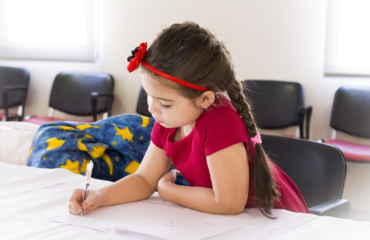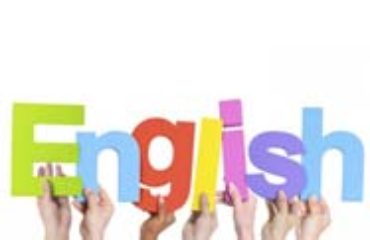
Literacy, put simply, is the ability to read and write. When we consider how important reading and writing is to every day communication and living, Literacy is an 8-letter word that is vitally important to every child’s education and future. Poor literacy can have negative effects that go way beyond the school years – including emotional, social and financial burdens. In this article, we have reviewed ways that poor literacy can impact your child from academic performance to emotional/social impacts, higher education and post-school.
Academic Impact of Poor Literacy
Approximately one in four 10-year olds are not meeting international reading benchmarks for their age group. These statistics are concerning with NAPLAN testing revealing that 75,000 students did not meet minimum literacy levels (study from 2013 ABS).
Strong literacy skills form the foundation for all future learning. Children without foundation literacy skills are unlikely to excel in school and later studies.
Academic learning relies on literacy. Even if a student were to excel in mathematics, poor literacy can affect comprehension of exactly what worded mathematics problems are asking for. Even the “art” subjects at school will require some level of reading and writing.
Studies also show that good readers improve at a faster rate than poor readers. In fact, good readers improve at an exponential rate in the first few years of school. As time moves forward the gap between good and poor readers will widen. It’s for this reason that any concerns about your child’s literacy should be assisted as early on as possible so as not to allow that gap in their skills to widen.
Social Impact of Poor Literacy
Poor literacy can cause school students to feel lost during class while concepts are being taught. In a social classroom setting students are often too embarrassed to ask for help. The lesson will continue on and students with poor literacy and comprehension are often left behind.
Most children are aware of their inability to grasp concepts while their peers are progressing. An inability to keep up with their classmates can lead to feelings of inferiority, low self-esteem and eventually a loss of confidence. These feelings of low self-esteem and inferiority can have a negative impact on your child not only in the school years, but all through life.
A loss of confidence when a child is young can influence their ability to socialise and make friends – being the “stupid” one in class. In post-school years poor literacy skills can continue to affect social life. Simple things like reading and comprehending the news as a talking point in social gatherings may prove difficult for someone with low literacy.
Impact of Poor Literacy on Higher Education
Poor literacy can prevent some students from entering into or completing tertiary education. Many university and TAFE courses have minimum education and literacy requirements for entry into the course. Students with low literacy may not meet these requirements and will therefore not be allowed to enter a course that they were aiming for.
Even after acceptance into a tertiary education course poor literacy can affect a student’s ability to meet the workload and learning requirements of their course.
School, University and TAFE dropout rates are also much higher for students with literacy difficulties – further illustrating the inability for those students with low literacy levels to be able to keep up with the reading and writing requirements of higher education.
Post-School Impact of Poor Literacy
Statistics released by the ABS in 2013 indicated that approximately 7.3 million Australian have difficulty reading and writing. These troubles with literacy can affect many things throughout life, including:
- Entering the workforce can be particularly difficult for those with poor literacy skills. Poor literacy proves to be a challenge in finding employment, reading job advertisements, writing a relevant resume and successfully communicating skills and experience in an interview. Those with poor literacy earn on average 30 to 42% less than those who are literate. The financial impact of poor literacy is extreme.
- Financial implications also go beyond earning potential into pure understanding of bank statements, superannuation and other forms of financial statements that require a certain level of literacy to be able to efficiently read and understand what has been written.
- Studies have also shown that those with poor literacy will often have a hurdle to climb when it comes to achieving optimal health. Being able to have the skills to find and understand health information as well as understanding prescriptions, dosage instructions, and understanding health risks are just some of the things that low literacy may negatively impact.
What should you do if you think your child has poor literacy?
On a positive note, there are so many avenues available to help improve literacy in children. Simple things at home like encouraging reading can go a very long way to helping your child improve their literacy skills. If you feel like more is needed, you can get a free assessment of your child’s English level at any of Lynn’s Learning tuition centres. We can then help tailor a program to suit the learning requirements of your child.
The most important thing when it comes to low literacy, it once recognised that this is a potential problem for your child, act on it immediately. The younger your child is, the easier they can catch up and advance their literacy skills. It-s much easier to “catch up” in Prep /Foundation than it is in Year 10!
Want to know more?
To have a chat about your child and any concerns you have, give Lynn’s Learning a call on 03 9796 8779 or email us at enquiries@lynnslearning.com. You can also book a free assessment at your closest tuition centre here>



